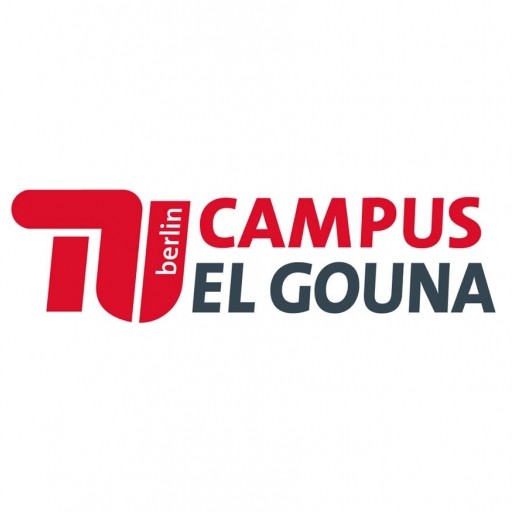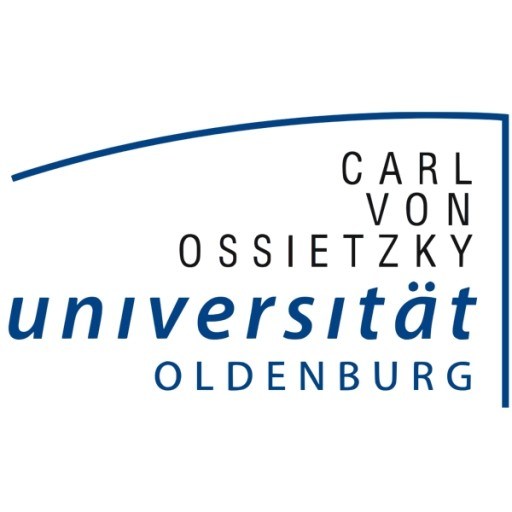Photos of university / #tu.muenchen
Applied and Engineering Physics at the Technical University of Munich offers a comprehensive and rigorous education designed to prepare students for innovative careers at the intersection of physics, engineering, and technology. This bachelor's degree programme combines fundamental principles of physics with practical application and engineering techniques, ensuring graduates develop both deep theoretical understanding and hands-on skills. Students study core areas such as classical and modern physics, electromagnetism, thermodynamics, quantum mechanics, and mathematical methods, providing a solid foundation for understanding complex physical phenomena.
The programme emphasizes the application of physics in real-world engineering contexts, integrating practical laboratory work, project-based learning, and industry collaborations to foster problem-solving abilities and technical expertise. Students have the opportunity to choose elective modules tailored to specific fields such as nanotechnology, optics, materials science, or sensors, allowing for specialization and alignment with personal career interests. The curriculum also prepares students for interdisciplinary work, combining principles from physics, electrical engineering, and computer science to address modern technological challenges.
Throughout the programme, students benefit from state-of-the-art laboratories, research facilities, and modern teaching methods supported by TU Munich's renowned faculty. The curriculum is designed to equip graduates with skills in modeling, simulation, programming, and experimental techniques that are highly valued in industry and academia. The programme encourages teamwork, innovation, and international mobility, with options for internship semesters and joint projects with industry partners.
Graduates of Applied and Engineering Physics are well-prepared for diverse careers in sectors such as electronics, aerospace, renewable energy, high-tech manufacturing, research institutions, and startups. They also possess a solid base for pursuing master’s studies or doctoral research, further deepening their expertise in specialized areas of physics and engineering. Overall, this programme aims to foster innovative thinking, technical competence, and a strong scientific mindset to contribute effectively to technological advancements and societal progress.
Educational organisation
The MSPE programme is a two-year programme divided into four semesters. The first and second semesters comprise core modules. The third semester covers further elective modules, labs, a seminar, and the research internship.The fourth semester is dedicated to the Master's thesis.
Internships
A nine-week research internship is included in the MSPE programme. It can be carried out at one of the participating institutes; usually during the second or third semester.Forms of assessment
There are both written and oral exams at the end of each semester (73 credits in total).In seminars (5 credits) and the research internship (12 credits), grades are based on experimental results, presentations and written reports done by the students.
The Master's thesis (30 credits) is concluded with a written report and an oral presentation.
Course objectives
Graduates receive a Master's degree (MSc) in Power Engineering.The aim of the Master's programme is to educate students as power plant engineers with profound knowledge in power plant technology and power generation.
Graduates can find job opportunities in the power plant and energy supply industry, a growing market of the future.
On top of that, the Master's degree opens up the possibility to work towards a doctorate in an interesting research area.
To increase their chances of getting a job in Germany, students are strongly advised to take German lessons parallel to their studies.
Language requirements
For non-native speakers, proof of proficiency in the English language has to be provided.If your complete education has been conducted in English, the language test can be replaced by an official certificate from your university confirming that the language of instruction was English.
TOEFL: the minimum score required for admission is 88 (internet-based), or 605 (paper-based) respectively. The TUM-wide institution code is 7806. More information can be found at http://www.toefl.org.
IELTS: the minimum score required for admission is 6.5 (academic test). More information can be found at http://www.ielts.org.
An examination of the Cambridge main suit of English (CAE or CPE) is also accepted. More information can be found at http://www.cambridge-efl.org.
A GRE test (http://www.gre.org) is not mandatory.
Proficiency in the German language is not required for the programme but very helpful for everyday life.
Students who are planning to get a job in Germany after graduation are strongly advised to take German lessons parallel to their studies.
Academic requirements
A Bachelor's degree or equivalent in electrical engineering, mechanical engineering, or a related discipline - preferably in the field of energy technology - is required.Outstanding performance during undergraduate studies is required.
If you have not received your Bachelor's degree but expect to receive it prior to your enrolment, please enclose your latest transcript of records.
All information on which documents to enclose in your application can be found on our website.
Enrolment fees
Approx. 115 EUR per semester, the fee includes a semester ticket covering public transport in Munich.Costs of living
Students need approx. 800 EUR per month including rent.Job opportunities
Students are allowed to work part-time at the university.In addition, depending on their work permit, they are allowed to work up to 120 days in other jobs not related to the Power Engineering Programme.
Funding opportunities within the university
As of the second semester, a "Scholarship for International Students of TUM" can be granted by Technical University Munich, depending on the applicants' performance at TUM and their financial situation.The amount of the scholarship ranges from 500 to 1,500 EUR per semester.
http://www.tum.de/en/studies/fees-and-financial-aid/scholarships/scholarship-database/scholarship-for-international-students-of-tum/
Arrival support
TUM's International Center offers a special programme tailored for international students, TUMinternational (TUMi). The TUMi programme provides help and advice for new students as well as a cultural programme with events scheduled both prior to and during the academic periods.The service desk of the Student Service Center is the first contact point for international students. We are here to help you with issues such as applications, enrolment, student cards etc. Furthermore, we offer various three- to six-week summer schools combining academics with a rich menu of educational and social activities as a foretaste of university life. For international students who have been admitted to a degree programme, the Student Service Center offers a four-week pre-study course designed to help you get started at the TUM. Students new to TUM are invited to the service fair "Fit for TUM" which takes place before the semester officially starts, to get an overview of the various offerings of support services at TUM. http://www.tum.de/en/studies/international-students/
Learning German: While the language of instruction for many of TUM's postgraduate programmes is English, learning German and thus being able to participate in daily German life at a deeper level enriches the experience of studying and living in Munich. As such, TUM's Language Centre offers language classes for students at all levels, both prior to and during the semester: http://www.sprachenzentrum.tum.de/en/startseite/
Services and support for international students
In addition to support services offered by TUM International Center and the Student Service Center (SSZ), the faculty also has its own adviser for international students.Accommodation
It is not easy to find a place to live in Munich - but it is not impossible either! TUM supports students and employees in their search for accommodation, providing personal advice, in-house listings and useful information to ensure that you can quickly find a place to call your own: http://www.tum.de/en/university-life/accommodations/With high rents and not enough rooms in halls of residence, the Munich rental market is one of the most competitive in Germany - especially for students. The city boasts over 1.4 million inhabitants, with more people moving to Munich every year - many of them attracted by the excellent study opportunities that Munich has to offer.
Student halls of residence usually offer affordable accommodation for students. The Munich Student Union runs most of these halls of residence - more information at http://www.studentenwerk-muenchen.de/en/accommodation/









